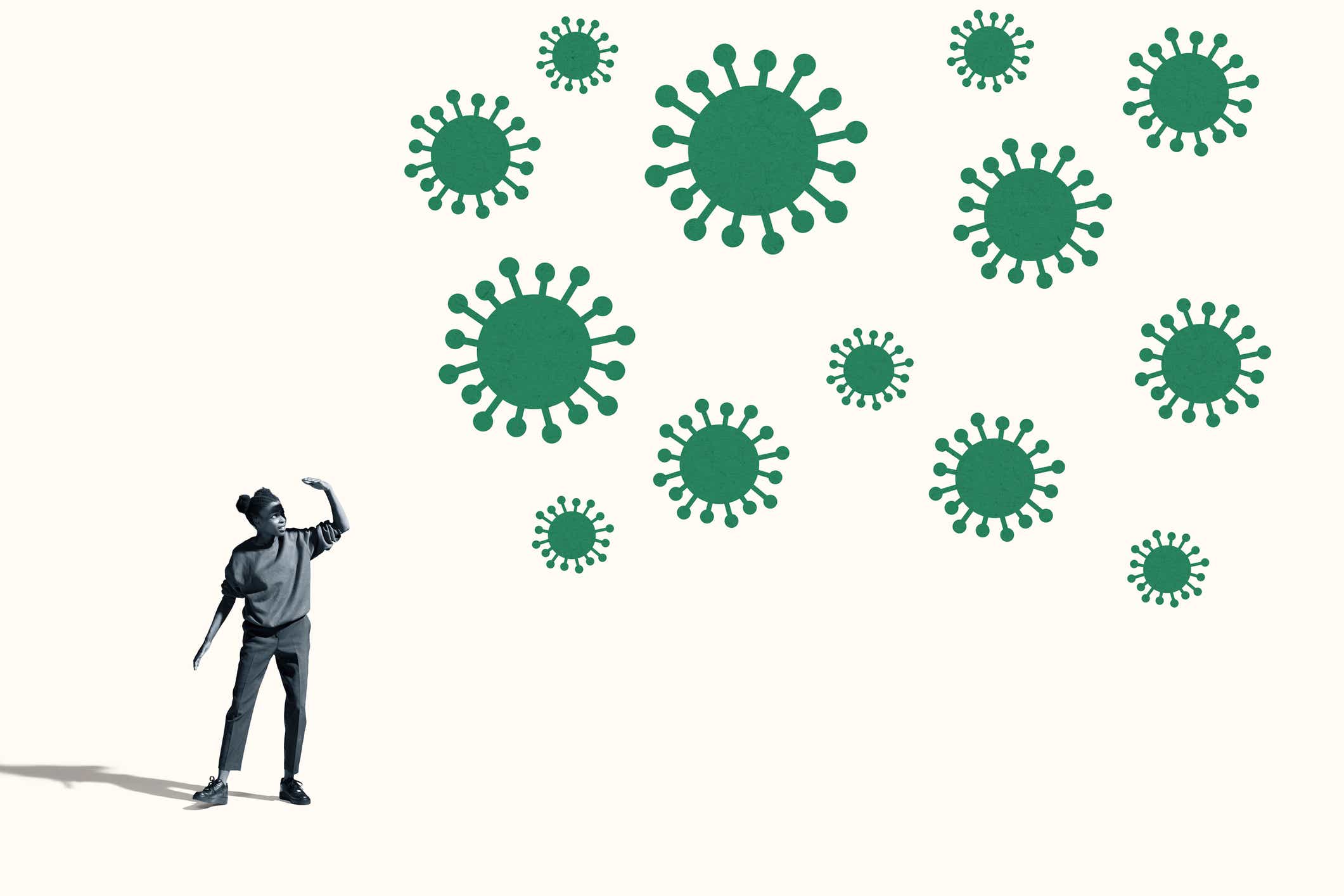If you’ve been feeling crummy recently, you’re not alone — unfortunately, summer colds seem to be having “a moment” right now. But we’ve all gotten used to being vigilant with our hand washing, so where are these colds coming from? We asked NYC-based internist Dr. Rebecca Kurth why common illnesses are on the rise. She also shared her thoughts on shaking hands and whether fully vaccinated people should consider getting a Covid-19 test if they’re feeling under the weather.
WUC: It seems like a lot of people are battling colds right now. Are you observing more people contracting the common cold lately? Could it be because our immune systems have been weakened from quarantining?
Dr. Kurth: Yes, I absolutely am seeing more people with colds, and it’s because we’ve stopped wearing masks. People are beginning to socialize more. The masks are coming off outdoors and indoors among vaccinated people. So, we’re not seeing Covid-19, we’re actually seeing other viral pathogens and other illnesses. The masks were great ways of preventing the spread of all respiratory pathogens. And as the masks come down, we’re going to see more minor viral illnesses. It’s the way you gain immune sophistication. It’s not that we’ve got weakened immune systems. What’s happening is that our bodies are being challenged to respond to other viruses.
What other illnesses are you seeing spreading?
In addition to colds, we’re also seeing more mono, strep throat, and other viral infections. At my practice, which has a couple thousand patients, we hadn’t seen any cases of mononucleosis in over a year. Now we’re seeing an increase in it among college kids. They’ve come home, they’ve gotten vaccinated, and they’re starting to be close together. Mono is known as ‘the kissing disease,’ and they’re starting to kiss each other and they’re starting to drink from the same glasses. So, other pathogens are being passed back and forth.
Is there a certain demographic you’re seeing most affected by these minor illnesses right now?
Yeah, absolutely young. I think there are two, one is 20-year-olds and the other is their parents. Twenty-year-olds are starting to get some pretty common infections. And my 40- and 50-year-olds are being exposed to their kids coming back from college. So when the kids came back from college, we saw a couple of sinus infections in our 50-year-olds. My elderly patients are doing great.
A lot of these illnesses are transferred via handshake. Do you think handshakes will officially become a thing of the past?
I’m not shaking anybody’s hand these days. I think elbow bumps are good enough for me right now. If you’re washing your hands frequently, you’re not going to transmit illness, but if you cough into your hands or you wipe your nose and then you touch somebody else’s hand, you absolutely will. That’s called a fomite transmission. I think handshakes are something we should put on the sidelines for a while.
If people are experiencing cold symptoms and they’re fully vaccinated, should they still get a Covid-19 test?
If you’re going to be exposed to a non-vaccinated person, or you’re concerned that you’ve got respiratory symptoms and you’re going to be seeing an elderly person who was vaccinated six months ago, you might want to get tested. Remember that immune response in the elderly is nowhere near as strong as it is in younger people. People who are immunocompromised or elderly are probably going to need Covid-19 booster shots, but young people may not because their immune response has been so robust. It’s really wonderful how effective these vaccines are in younger people.
This interview has been edited and condensed.









